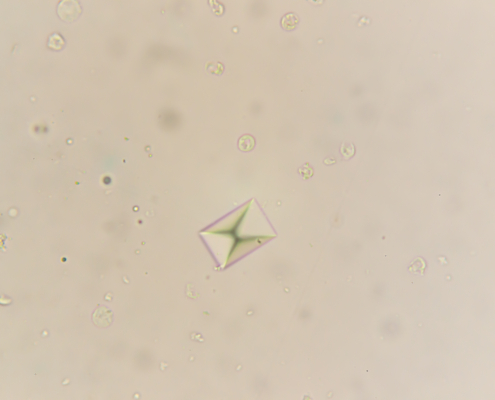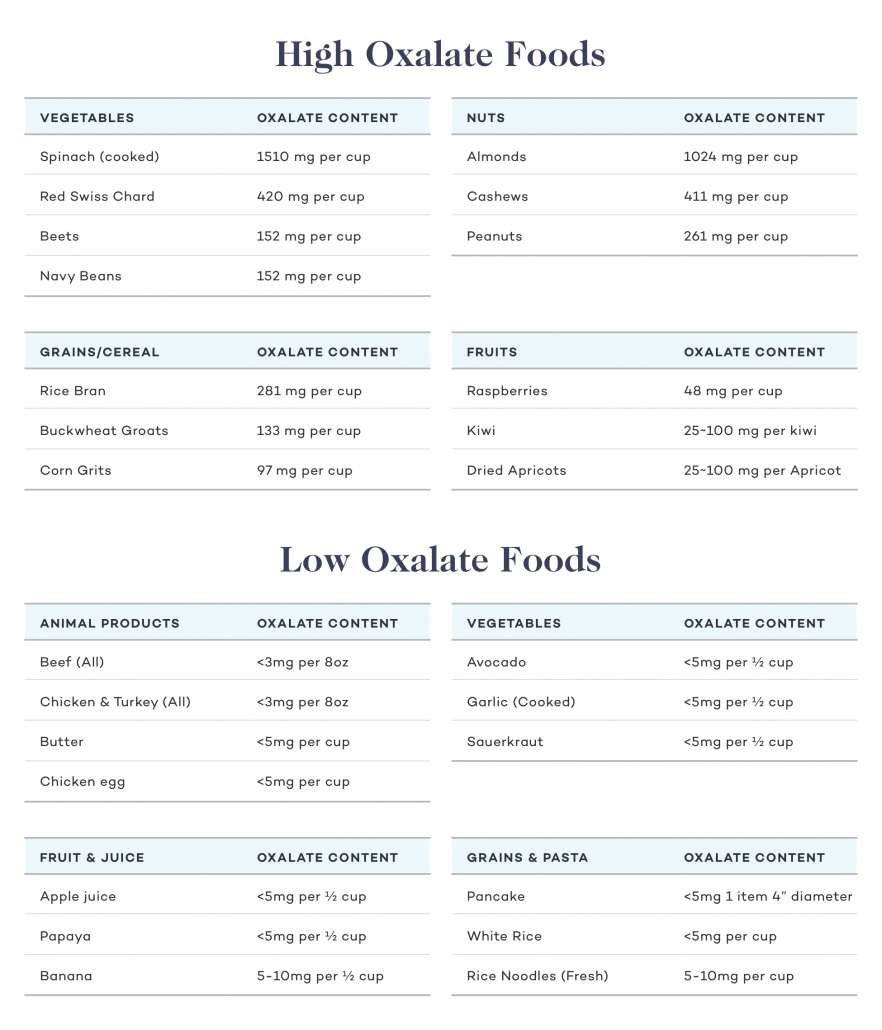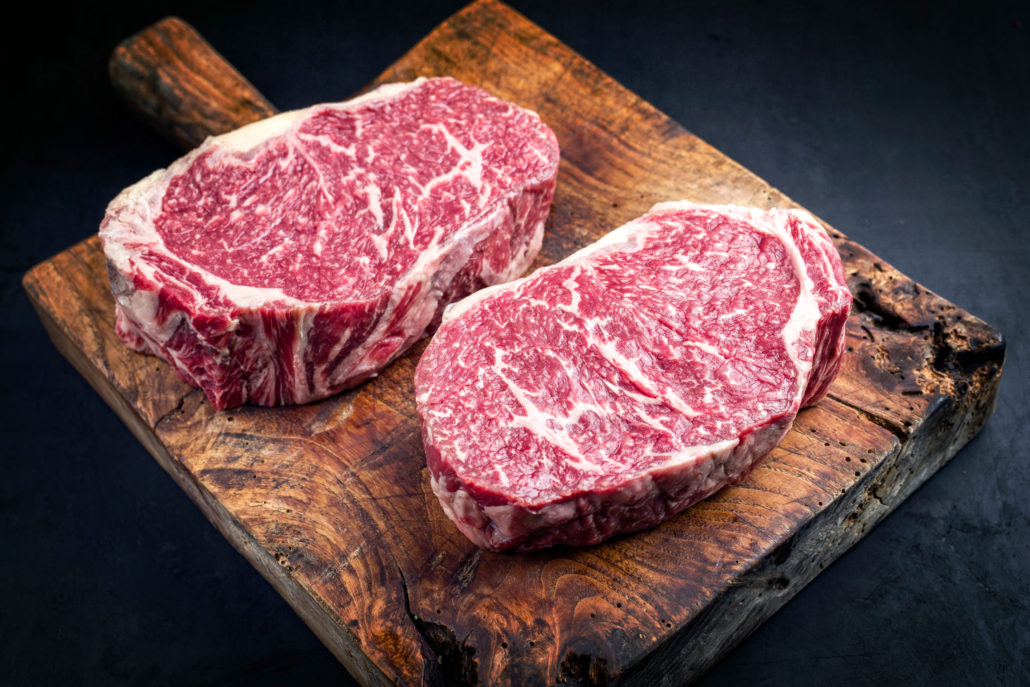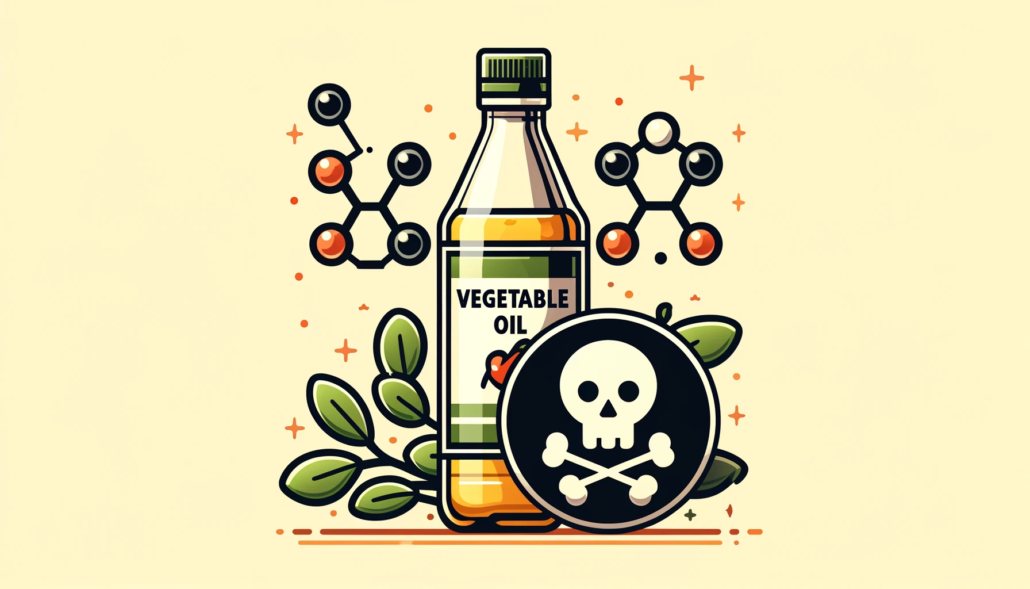We include products in articles we think are useful for our readers. If you buy products or services through links on our website, we may earn a small commission.
Oxalate Plant Toxins: What You Need To Know

Table of Contents
Oxalate is one of many naturally occurring plant toxins that plants use to protect themselves from pests and predators. Humans are predators.
Yet for decades we’ve been told that vegetables are the foundation of health. They supposedly fight cancer, clean our digestive systems, and rescue us from heart disease. They’re the superheroes of the standard American diet.
But recent research is revealing that vegetables have a darkside: They’re chock full of plant toxins, antinutrients, and phytochemicals.
These molecules harm our bodies on a cellular level. They elicit immune reactions that lead to chronic inflammation and disease. Oxalates are one of the most prevalent plant toxins in our diets.
What are Plant Toxins?
Just as animals evolve camouflage and poisons for protection and perpetuation, plants are equipped with an arsenal of toxins that protect them from pests and environmental factors like fungus.
Plants have been on earth for hundreds of millions of years. Humans have been on earth for a mere 500,000 years. Who do you think has the upper hand when it comes to survival?
A single plant can contain an arsenal of chemical defenses including molecules that recognize invaders, attach to them, and kill them. Poisons destroy cells and mitochondria by exploding their membranes. Enzyme inhibitors that interfere with vital metabolic reactions. And oxidative toxins that fracture strands of DNA.
What are Oxalates?

Oxalates are organic compounds that occur naturally in many plants.
Plants use oxalates to regulate their own internal mineral content and help defend against predators.
In the body, oxalic acid that we get from eating plants combines with many minerals. This binding limits the absorption of vital nutrients, including iron, calcium, and magnesium.
Foods rich in oxalates include many of the most common fruits and veggies: cocoa, beets, sesame seeds, rhubarb, sweet potato, coriander, currants, and spinach to name a few.
Oxalates are responsible for the fact that virtually none of the iron present in spinach makes it into your, or Popeye’s body.
Fast Facts about Oxalate
- Oxalate crystals can suppress the immune system and reduce mitochondrial activity.
- Oxalate crystals form from plant-based foods, some more than others.
- Oxalates make up 80% of the dry weight of some plants. With oxalates occurring in over 200 plant families.
- Oxalates can contribute to kidney stone formation.
- Nutritional deficiencies can contribute to oxalate sensitivity and make it difficult to expel them once they are formed.
- There are soluble and insoluble oxalates.
- Soluble: potassium and sodium oxalate.
- Insoluble: calcium oxalate.
- There is a significant connection between oxalate crystals and fungal infections in the intestine.
- There is a connection between oxalate crystals and heavy metals in the body.
- Oxalobacter formigenes is the only known bacteria besides some Lactobacillus and Bifidobacterium species to have the capacity to digest oxalate crystals.
How Does Oxalate Build up in the Body?
Oxalates build up in 2 ways: Endogenously, by metabolic processes in the body. And exogenously, by eating oxalate-rich foods.
Genetic factors such as carrying the LCN2 gene has been shown to contribute to endogenous oxalate production.
Gastrointestinal microbes have also been shown to be major exogenous contributors. These microorganisms can use foods to produce oxalate crystals by binding oxalic acid with various minerals.
How Do Oxalates Harm Humans
Mineral Deficiencies
Endogenous oxalate formation has been linked to deficiencies in B1 and B6, supporting the importance of consuming meat that is high in B vitamins.
Oxalate crystals have been shown to form from oxalic acid binding with important minerals, including magnesium. This binding effect results in mineral deficiencies linked to a host of health issues. For instance, a deficiency in magnesium can cause high blood pressure, impair immunity, and is strongly associated with the calcification of arteries.
Renal Inflammation, Fibrosis, and Failure
Because oxalates are an end product of metabolism excreted via the kidney, excess urinary oxalate can lead to a build-up in the kidney.
A common and excruciatingly painful result is kidney stones, and can lead to kidney failure. Renal failure is often referred to as renal stone disease.
Autism
Though the jury is still out on the exact relationship between oxalates and autism, a fascinating 2011 study found that children with autism had plasma oxalate levels that were 300% higher compared with a control group of non autism children, and 250% greater urinary oxalate concentrations. There were no differences between the two groups when it came to urinary pH, citraturia, calciuria or adjusted CaOx crystallization rates.
The study’s authors concluded that having too much oxalate in your urine (hyperoxalemia and hyperoxaluria) may be involved in the development of autism in children.
Immune Deficiencies
Monocytes in patients with kidney stones have decreased mitochondrial function compared to healthy subjects.
This is critical because monocytes are a type of white blood cell that fights infections while helping other white blood cells remove dead or damaged tissues, destroy cancer cells, and regulate immunity against foreign substances.
Joint Issues
Oxalate presence in the body has been linked to joint issues. Though rare, a condition called oxalate arthropathy is connected to arthritis.
Low Oxalate Diet
A low oxalate diet consists of less than 100mg of oxalate-producing foods a day. With less than 50mg a day if you’re already compromised by high oxalate levels.
Avoiding oxalates can get a little tricky for those of you on a ketogenic diet since many of the keto-friendly vegetables are high in oxalates.
Though Doctor Kiltz recommends eliminating all vegetables in order to reduce your intake of harmful plant toxins, we know that this can be difficult, especially when starting out on your keto journey. So here’s a list of low oxalate keto-friendlier veggies:
- Cucumber
- Cabbage
- Broccoli (moderate)
- Cauliflower
- Zucchini
- Artichoke (moderate)
- Mushrooms
- Avocado (moderate)
- Peas
- Asparagus (moderate)
- Brussels sprouts (moderate)
- Carrots
- Celery
Probiotics for Eliminating Oxalates
Probiotic organisms, including oxalobacter, formigenes, lactobacillus, and bifidobacterium help to break down these toxins in the intestine. This is important because we lack the enzymes to do so entirely on our own. These organisms can be found in probiotic supplements and foods. Interestingly, oxalobacter formigenes bacteria aren’t as plentiful in modern civilization, but they are more abundant among indigenous populations.

How do I Eliminate Oxalate from the Body
The simplest and most effective approach is to lower your intake of certain foods. Natural metabolic processes will work to expel them through either the stool or urine.
Oxalate Dumping
When slowing crystal formation in the body by consuming low-oxalate foods, we enable the body to expel the oxalates in a process called ‘oxalate dumping.
As with many forms of detoxification, there may be some uncomfortable side effects, including:
- Bodily pain such as joint, neck, back, stomach, headache, sore throat, burning tongue, and bladder pain.
- Cloudy urine and frequent urination for the body to expel oxalates.
- Mental and mood-related symptoms like depression, anxiety, brain fog, a tendency to panic, feeling overwhelmed, etc.
These symptoms are eerily similar to candida die-off, known as the Herxheimer reaction. This commonality suggests a conjunction with fungal infections and oxalate crystal formation.
The Zero Carb Diet
By adopting a keto or carnivore diet, we can significantly reduce oxalate compound content in our bodies. This is because animal products contain very little to no oxalic acid.
An animal-based diet will also provide the essential vitamins and minerals that have been depleted through oxalate binding.
The Bottom Line
Oxalates are among the most common plant toxins.
When we eat plants high in oxalates, these toxins bind with important minerals, inhibiting the body’s ability to produce and absorb vitamins and minerals and resulting in deficiencies.
Oxalate crystals that formed from this binding can congeal into kidney stones that, if unchecked, can lead to kidney failure.
Zero-carb, meat-based, low oxalate diets aid your body in removing oxalates while supplying your body with essential minerals that had been locked out by oxalate binding.
Though oxalates can be harmful, for most people, a change in diet is all that is needed to reverse oxalate overload.





















